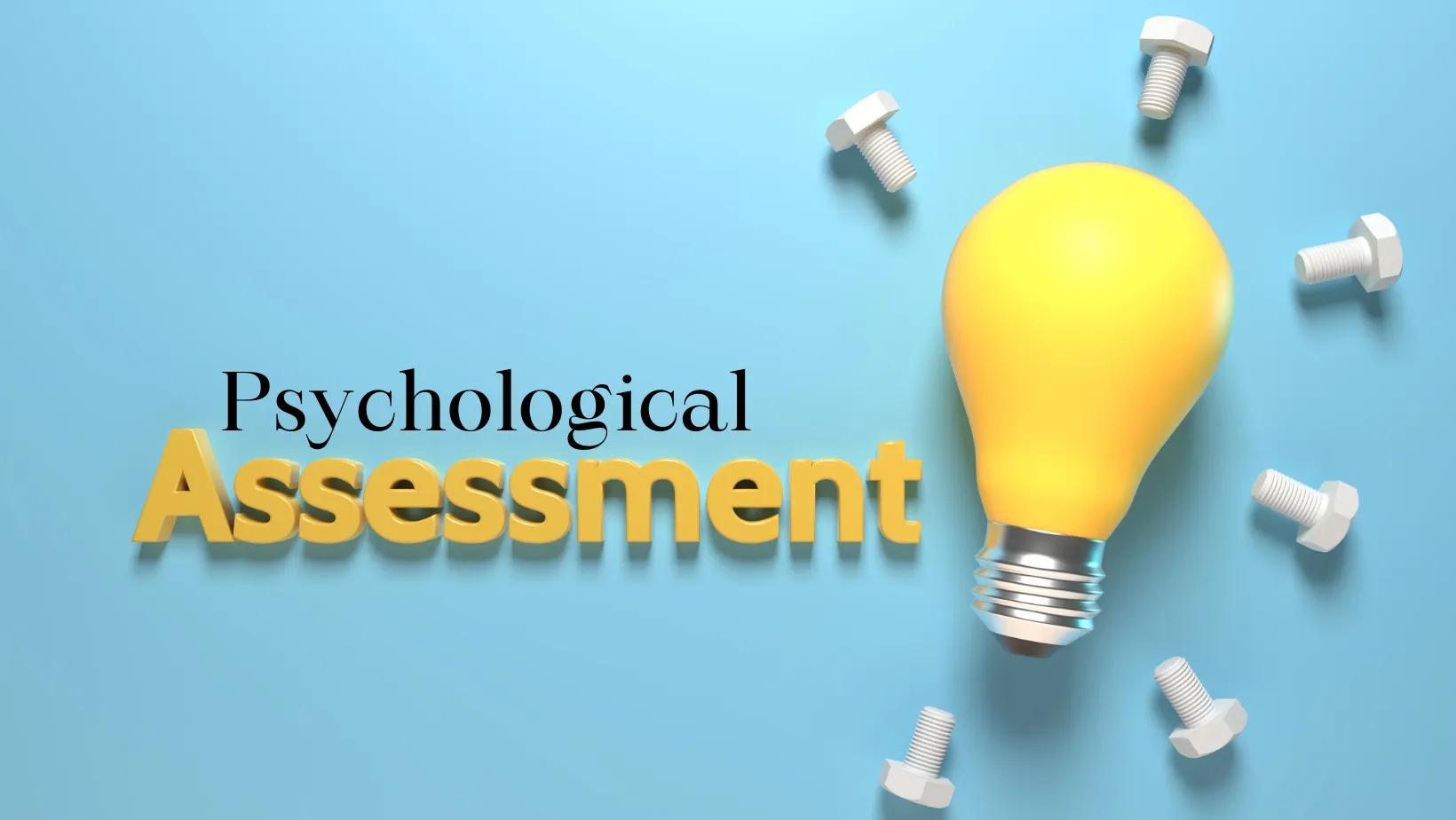The Global Use of Psychological Testing: Trends and Implications
Psychological testing has become an integral part of mental health assessment, educational evaluation, and corporate hiring processes around the world. As our understanding of human behavior and cognition has evolved, so too has the application of psychological tests. This article explores the growing significance of psychological testing globally, its various applications, and the trends shaping its future.
-
Understanding Psychological Testing
Psychological tests are standardized measures designed to assess various aspects of psychological functioning, including intelligence, personality traits, emotional states, and cognitive abilities. These tests are essential tools used by psychologists, educators, and organizations to make informed decisions. The underlying principle of psychological testing is to quantify complex human behaviors and traits, providing valuable insights that can guide interventions and assessments.
-
The Rise in Popularity: A Global Perspective
Over the past few decades, there has been a notable increase in the utilization of psychological tests across various domains:
1. Mental Health Services: In clinical settings, psychological assessments are crucial for diagnosing mental health conditions and developing treatment plans. Many countries have integrated standardized testing into their healthcare systems, allowing for better monitoring of patient progress.
2. Education: Schools and educational institutions use psychological testing to identify learning disabilities, giftedness, and other educational needs. This practice is particularly prominent in countries like the United States, Canada, and the United Kingdom, where standardized testing plays a significant role in shaping educational policies.
3. Corporate Sector: Employers increasingly rely on psychological assessments during the recruitment process to evaluate candidates’ compatibility with organizational culture and their potential for success in specific roles. Personality assessments, cognitive tests, and emotional intelligence evaluations are widely adopted in human resource management.
4.Cross-Cultural Applications: The globalized world has prompted the adaptation of psychological tests for use in diverse cultural settings. Psychologists are now developing and validating tests that consider cultural differences, making assessments more relevant and reliable across different populations.
Trends Influencing Psychological Testing
Several trends are currently shaping the landscape of psychological testing:
- Technological Advancements: The rise of digital platforms and mobile applications has transformed how psychological tests are administered. Online testing offers greater accessibility and convenience, enabling a broader demographic to engage in psychological assessments.
- Increased Focus on Mental Health: The growing awareness of mental health issues and the stigma reduction surrounding mental health have contributed to a surge in psychological testing. Individuals are more willing to seek assessments for better understanding and management of their mental health.
- Evidence-Based Practice: There is a significant push towards evidence-based practice in psychology, meaning that psychological tests must demonstrate their reliability and validity. As a result, new tests must undergo rigorous research and validation processes before they can be widely adopted.
- Data-Driven Decisions: Organizations across various sectors are leveraging data analytics to make informed decisions based on psychological assessments. This trend is particularly salient in corporate environments where hiring decisions are increasingly data-driven.
Challenges and Ethical Considerations
Despite the advantages, the widespread use of psychological testing raises several challenges and ethical concerns. Issues such as test bias, cultural sensitivity, and the potential misuse of test results necessitate careful consideration by practitioners. Moreover, as tests become more accessible online, ensuring the accuracy and authenticity of results becomes paramount.
Conclusion
In conclusion, the use of psychological testing is expanding rapidly across the globe, impacting mental health, education, and corporate sectors. As the demand for accurate assessments continues to grow, so does the responsibility of psychologists and organizations to uphold ethical standards and embrace cultural sensitivity. The future of psychological testing lies in balancing innovation with ethical considerations, ensuring that these valuable tools enhance our understanding of human behavior while serving the best interests of individuals and society as a whole.

